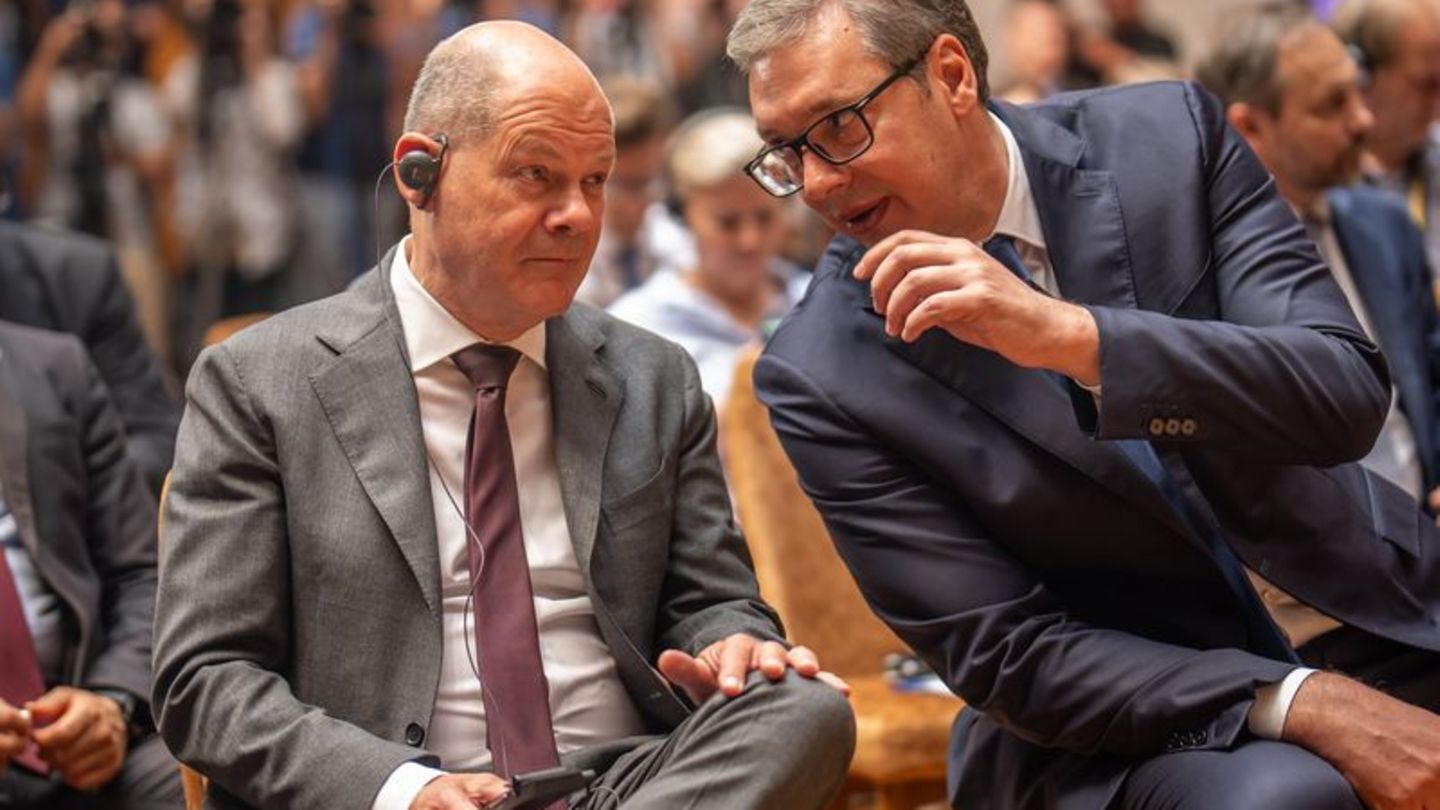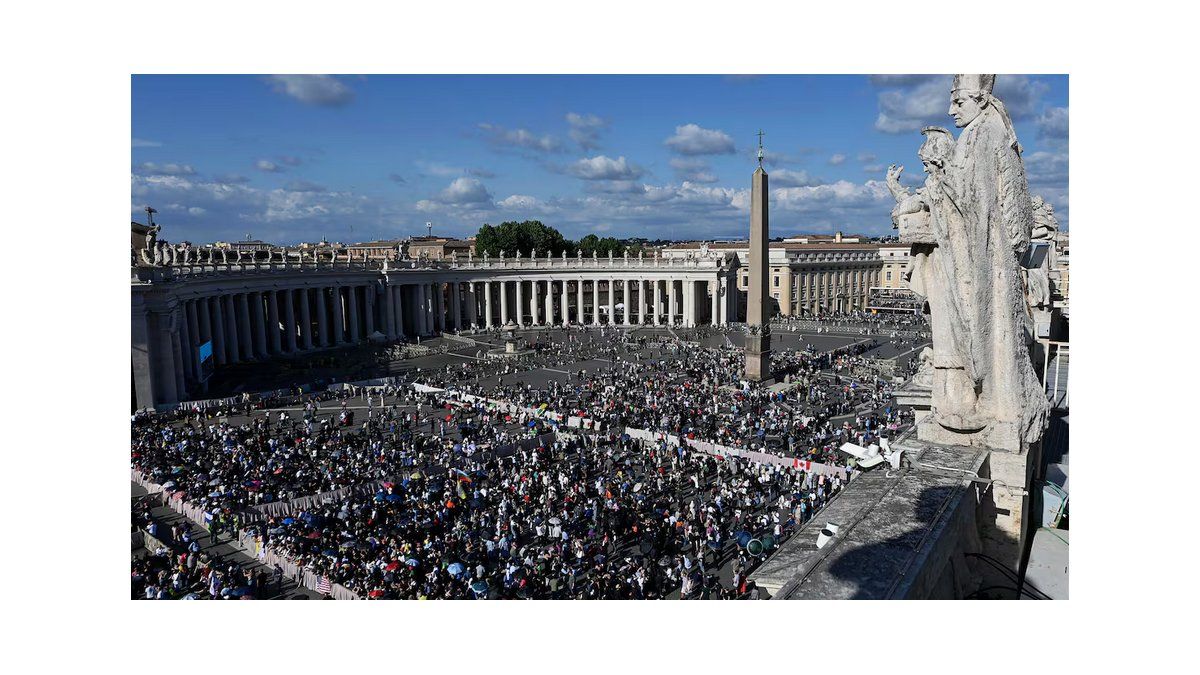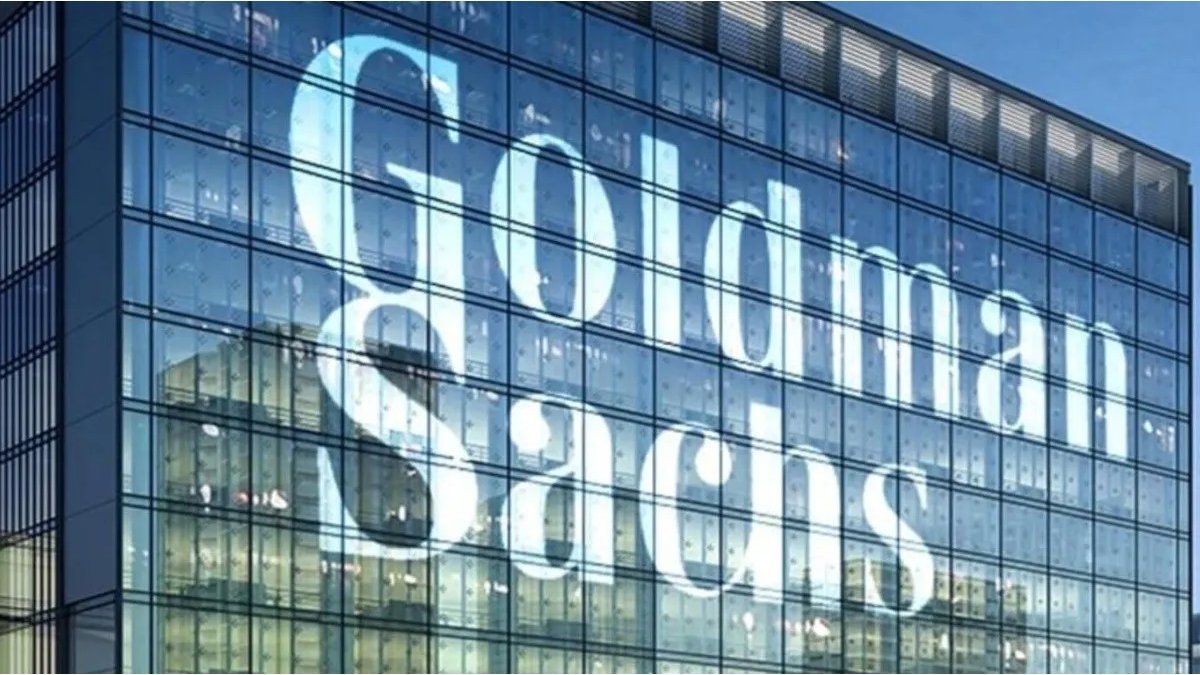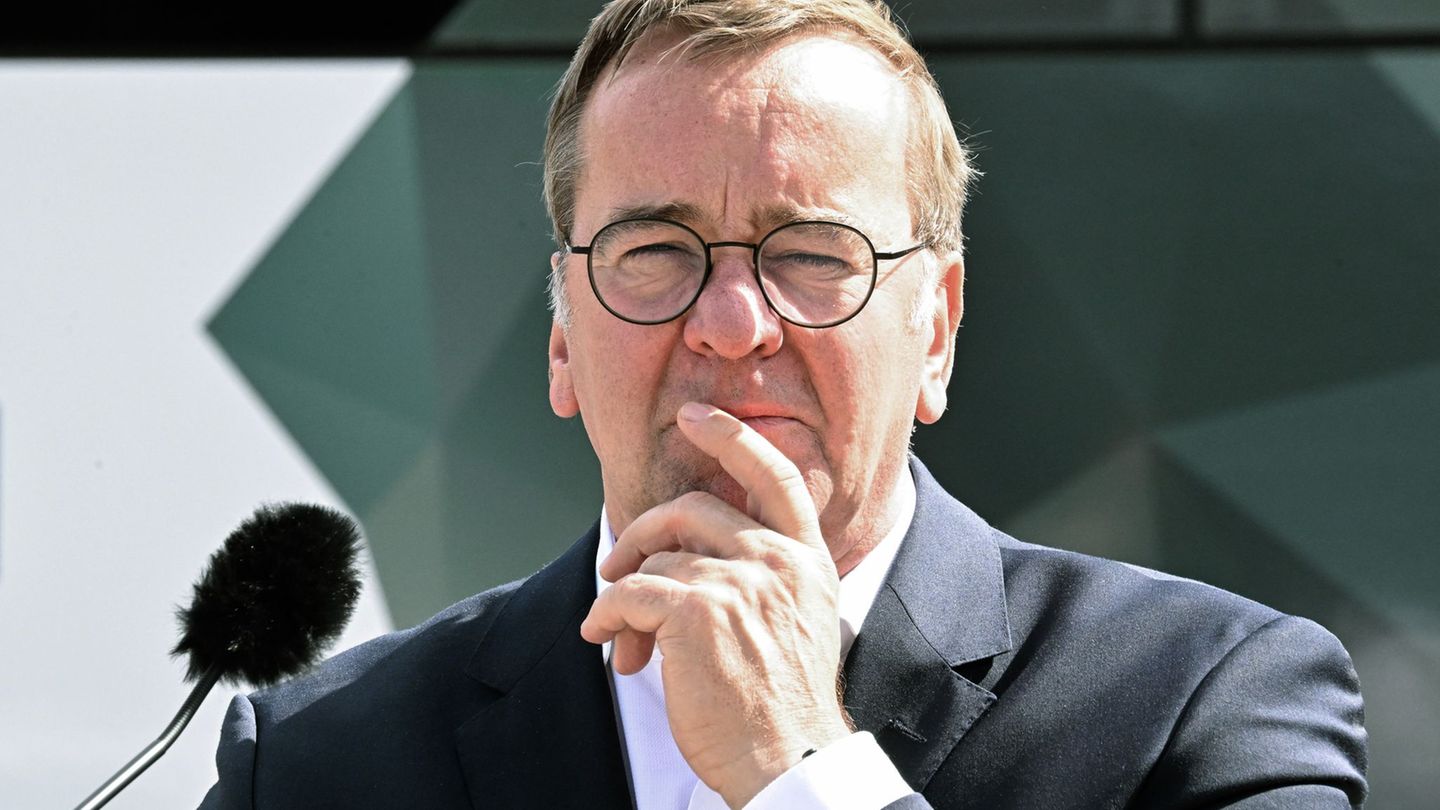For Serbia, it is about billions in revenue, for the EU it is about reducing dependence on China. But the extraction of one of the largest lithium deposits in Europe also has a downside.
The European Union and Serbia want to jointly develop one of Europe’s largest lithium deposits, worth several billion euros, for the production of batteries, especially for electric cars.
In the presence of Federal Chancellor Olaf Scholz, Serbia’s President Aleksandar Vucic and EU Commission Vice President Maros Sefcovic, a declaration of intent was signed in Belgrade to enable environmentally friendly mining of the globally extremely sought-after light metal in the Jadar Valley in western Serbia. In Serbia, however, there is considerable resistance to the project from environmental activists.
Scholz assured that it would meet the “highest standards” of environmental protection. Sefcovic spoke of a “historic day” and viewed the agreement as a step by Serbia towards the EU. Vucic was the most euphoric after the signing ceremony: “For us, this will represent a turning point and a quantum leap into the future, something we never thought possible.”
Largest direct investment in Serbia’s history
The raw materials agreement is a big deal for both sides. For Serbia, it is the largest foreign direct investment in its history. The aim of the government in Belgrade is to build a value chain for electromobility from the extraction of raw materials to battery production. This means state revenue, jobs and investments that Vucic estimated at six billion euros. Among other things, Scholz assured him that a battery factory would also be built in Serbia.
China came up short
With the project, Germany and the EU want to reduce their dependence on China. The world’s second-largest economy controls a large part of the mining and processing of lithium worldwide. Scholz says that this dependence cannot be seen as a problem and at the same time shy away from their own mining projects. “We have to get this done now,” he said.
China had also tried to exploit the deposits in Serbia, and President Xi Jinping even travelled to Belgrade in May. The fact that the Europeans have nevertheless prevailed is being celebrated by the German side as a great success, which could perhaps also have an impact on other raw material projects.
Lithium for more than one million electric cars a year
The agreement has a long history. Three years ago, Australian mining giant Rio Tinto announced that it would invest billions in the project. The company estimates that the planned mine can produce 58,000 tons of lithium annually. According to Serbian media reports, this would cover the needs of 1.1 million electric vehicles, which corresponds to around 17 percent of European production. The car manufacturers Mercedes-Benz and Stellantis are already negotiating with Rio Tinto about a stake. These two and other companies also signed letters of intent on Friday.
Environmentalists worry about drinking water supply
The project is highly controversial. Environmentalists criticize, among other things, that lithium mining pollutes the groundwater with heavy metals and therefore poses a threat to the drinking water supply of local residents. A representative of the environmental organization Ecological Uprising, Aleksandar Jovanovic Cuta, called the agreement a “death sentence” for the mining region. Opponents of the project actually wanted to demonstrate in front of the presidential palace during the signing ceremony, but the area was cordoned off.
Serbian opposition accuses EU states of pandering to Vucic
In addition to criticism from environmentalists, there are also concerns about the rule of law regarding the project. The Serbian government had only cleared the way for the signing a few days ago. It cited a ruling by the Constitutional Court shortly before, which reversed the planning freeze decided in 2022 after mass protests.
For the Serbian opposition, dealing with lithium has become one of the most important issues. They accuse EU states such as Germany of currying favor with Vucic because of Serbia’s raw material reserves. The Serbian president is accused of dismantling democracy and the rule of law, as well as having close ties to Russia.
Scholz thanks “the good Lord” – Vucic sends fighter jet escort
At the signing ceremony, Scholz refrained from openly addressing the problems. He did, however, remind everyone that anyone who wants to join the European Union must “make every effort to meet the requirements” – especially with regard to the rule of law, democracy and freedom of expression.
Otherwise, the day was dominated by harmony between Scholz and Vucic, who even had the Chancellor escorted by Serbian fighter jets on his arrival and departure as a sign of respect. The Chancellor, for his part, was unusually pathetic for his standards at the press conference. “I want to say this for those who are a little religious and those who at least like to orient themselves by these images,” said the SPD politician, who himself has left the church. “The good Lord has made it possible for one of the world’s most sought-after raw materials to be in this country in the highest quality. And perhaps it can also be used to make the country lucky.”
Background report by BIRN, English
Source: Stern




